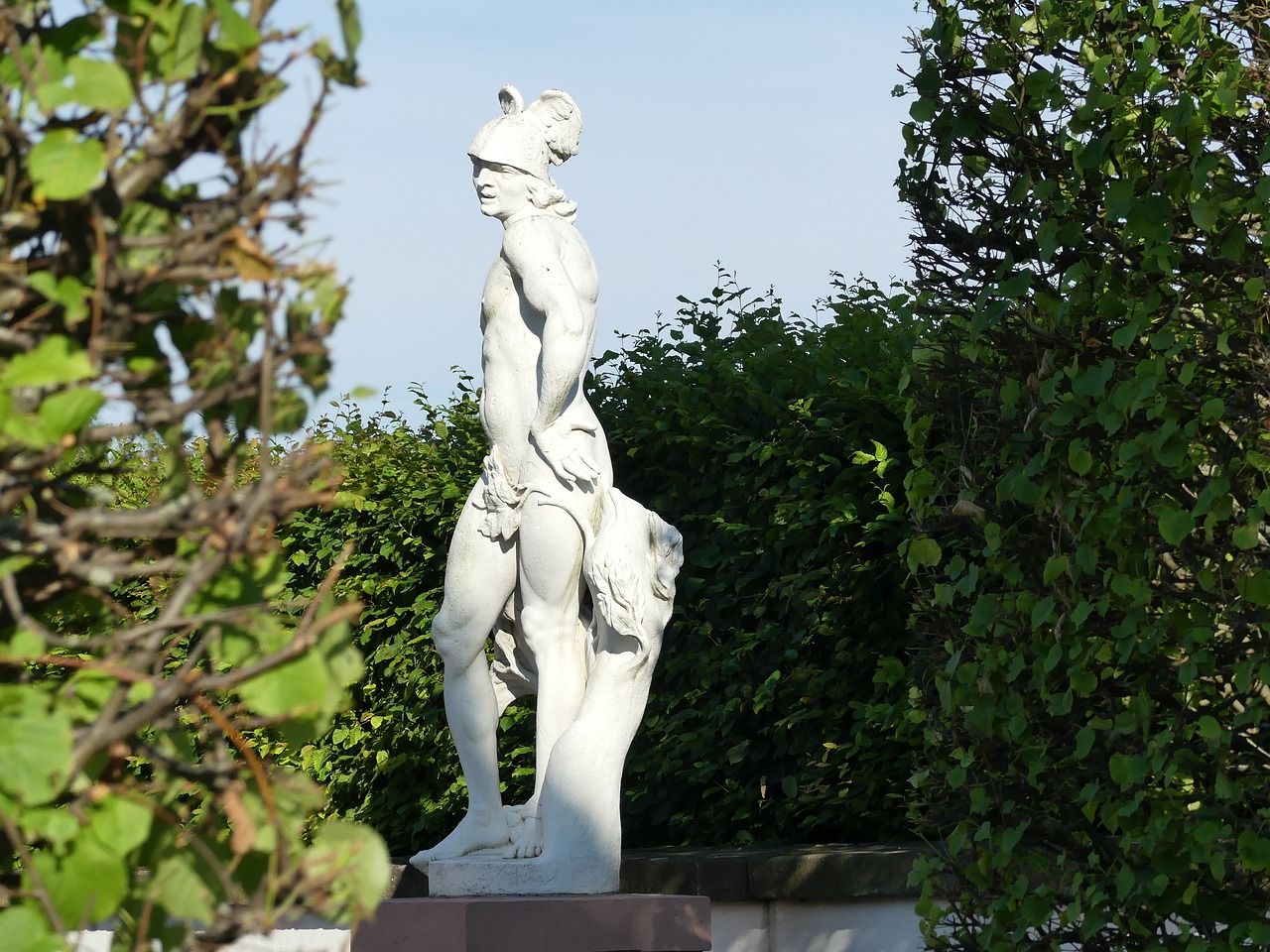Greek mythology represents a rich tapestry of narratives concerning deities, legendary heroes, and ancient rituals held dear by the Greeks. This body of myths, encompassing a blend of fantastical elements, was often regarded as factual, particularly among ordinary worshippers, despite the presence of critical thinkers like Plato, who acknowledged their fictional nature. The lasting legacy of Greek mythology is evident through its profound influence on Western arts and literature, serving as a wellspring of inspiration that resonates even in contemporary creative expression.
Origins and Influences
The roots of Greek mythology are deeply embedded in both literary and archaeological records. Central to this narrative are the works of Homer, particularly the “Iliad” and the “Odyssey.” Renowned historian Herodotus noted that Homer and Hesiod shaped the portrayals of the Olympian gods. The character of Apollo, for instance, is immediately recognizable in the “Iliad,” where his lineage from Zeus and Leto is instantly acknowledged by Greek audiences. While these works were devoid of a notion of mere entertainment, many Greeks believed in their significance, valuing them as crucial cultural artifacts.
Essential Literary Works
The dramatic poetry of Hesiod, particularly the “Theogony” and “Works and Days,” presents another principal source of myth. “Theogony” intricately outlines the genealogy of the gods and combines folktales with etiological myths, while “Works and Days” interweaves agricultural wisdom with a discourse on justice addressed to Hesiod’s brother, Perses. Each text, while distinct in theme, can be seen as part of a cohesive narrative discussing divine order and human morality.
Broader Literary Context
In addition to Homer and Hesiod, literature from the post-Homeric period fills in historical narratives, especially regarding the Trojan War. The so-called Homeric Hymns contribute vital religious stories, while the odes of Pindar encapsulate an abundance of legend and myth. The works of renowned playwrights Aeschylus, Sophocles, and Euripides from the 5th century have also preserved various mythological traditions, showcasing their prevalence in theatrical expressions of the time.
Discoveries and Archaeological Insights
The significance of archeological findings adds depth to the understanding of ancient myths. The revelations of the Mycenaean and Minoan civilizations, made prominent by scholars like Heinrich Schliemann and Sir Arthur Evans, have clarified the mythological and ritualistic practices of ancient Greece. Their excavations revealed cultural aspects from the Minoan era (approximately 2200 to 1450 BCE) and the Mycenaean period (circa 1600 to 1200 BCE), along with prolonged periods of decline known as the Dark Age.
Lasting Legacy
As time progressed from the Archaic to Hellenistic eras, the interplay between literary representations and archaeological evidence brought forth a renewed interest in Homeric narratives and other mythological themes. The continuation of such stories highlights the enduring legacy of Greek mythology and its significant role in shaping cultural and literary traditions that resonate across centuries.



